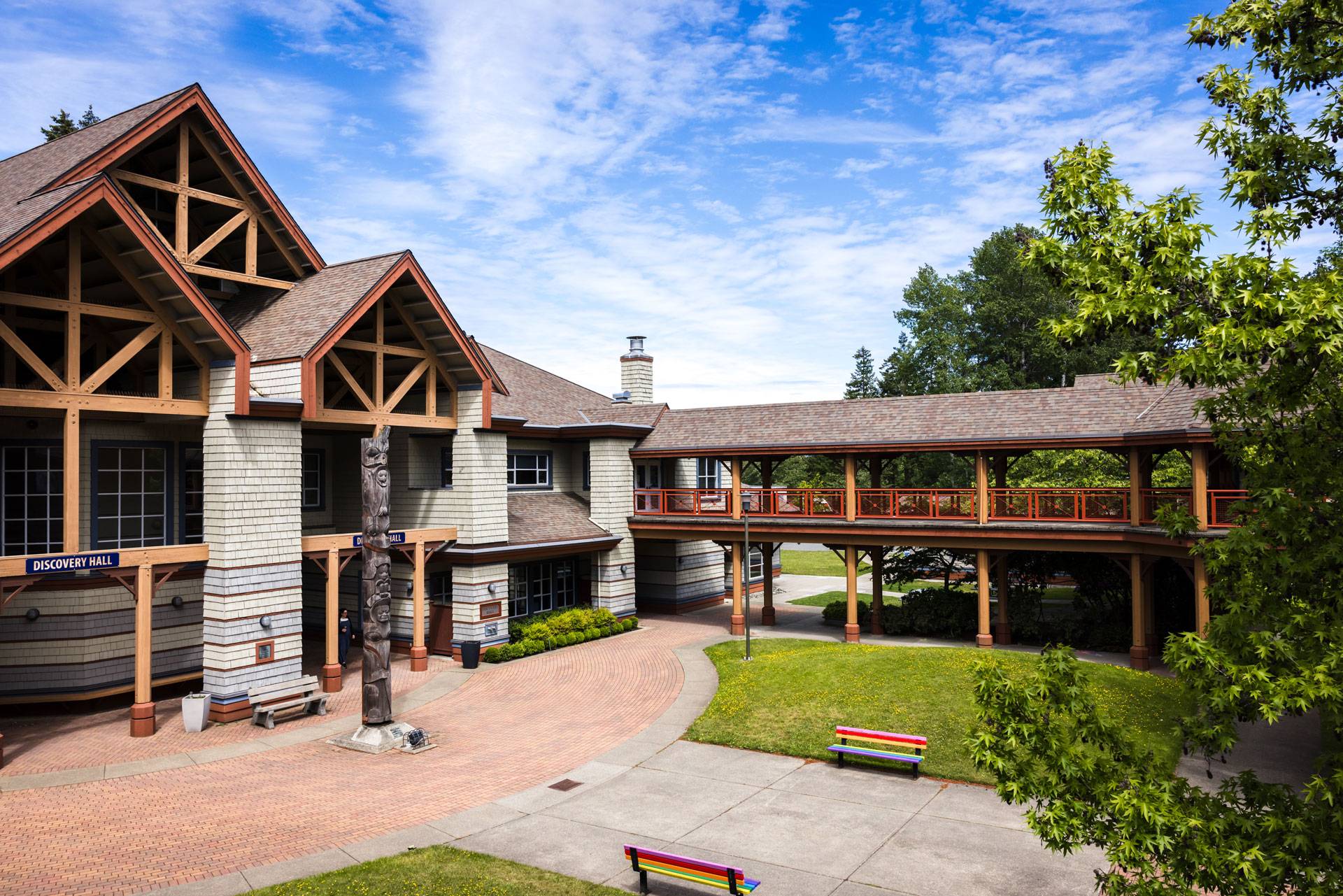My first exposure to Jordan Abel came in my second-year poetry class at the University of Victoria.
Abel came into our class to perform several pieces, and rather than stand meekly at the front of the classroom reading off of a piece of a paper, Abel grabbed his laptop, turned the lights off, donned a mask illuminated with neon trim, and played a Stephen Harper speech remixed with indigenous Elders talking in their native language.
The performance was equal parts clever, touching, and important — and while it’s impossible to sum up Jordan Abel’s writing with just three words, they certainly hint at what makes the young poet’s writing so impressive.
Abel’s third book Injun is set for official release this spring. It’s already been imbued with high expectations, after a series of acknowledgements and awards that cemented Abel as one of the most exciting young writers in Canada.
CBC named Abel one of 12 Canadian writers to watch in July 2015, and his first book, The Place of Scraps, won the Dorothy Livesay Poetry Prize, whose previous winners include Canadian poetry icons Patrick Lane, Lorna Crozier, and Daphne Marlatt, among others.
Scraps, Injun, and Abel’s second book Un/Inhabited all deal with the theme of indigeneity — a theme Abel says is important to him.
[pullquote]
I would say all of my work, more or less, engages with issues in indigeneity.
[/pullquote]
“I’m not entirely sure why that is, exactly, but as a writer and as a Nisga’a person, I do often find that my own interests just happen to be related almost exclusively to engaging with indigeneity,” Abel says. “In particular, what it means to be indigenous right now in Canada.”
“I think so much of it is related to my own personal experiences, but I would say all of my work, more or less, engages with issues in indigeneity.”
The strength of Abel’s writing comes from an ingenuity for reversing expectations and turning history on its head — a technique that allows for deeper insight into the themes he grapples with.
Scraps is a book of erasure poetry: Abel erases and rearranges words from the work of Canadian anthropologist Marius Barbeau, who stole indigenous artifacts from the Pacific Northwest. Abel’s text counteracts Barbeau’s, erasing the voice of a man who sought to erase sacred parts of indigenous traditions and communities.
Un/Inhabited came from Abel pasting the full texts of 91 western novels written during the 19th and 20th century into one massive Word document. Abel searched the documents for the word “uninhabited,” then took the instances of the word and the contexts in which it appeared to create a book-long poem.
Now in Injun, Abel’s most recent book, he’s searched the same document for the occurrence of the word “Injun.”
While Abel’s work is incredibly visual, with words and images arranged around one another in beautiful fashion, they are more crucially all examples of decolonizing language: efforts to break the lingual moulds that indigenous persons find themselves placed in by Western culture.
This breaking of the mould is what Abel strives for, both in his unconventional poetic methods and the performances of the work.
“When I’m asked to do a performance I’m constantly kind of confronted with the difficulty of translating visual work into a performance setting,” Abel says. “So there’s definitely . . . a unique challenge for me . . . [It] depends largely on the complexity of the work on the page, so I’m interested in tapping into whatever that is and repositioning that for a performance.”
“On the other hand, I’m interested in performance itself, and attempting to reimagine what it means to perform poetry,” says Abel. “[I ask myself] what I can do that’s interesting, that kind of breaks the mould. So both processes are kind of working at the same time, and in certain ways they’re inseparable.”
With Injun soon to be formally released, people will be discovering his work for the first time. And if his work allows people to realize that the rules of poetry are only there to be broken, Abel is happy.
“I think the best reactions that I’ve ever gotten are people who have piqued interest,” Abel says. “[I’d like people to] open the book and go ‘Oh, I didn’t realize this was poetry . . . that you could do poetry in this way.’ I find those reactions to be the most satisfying.”
While it’s safe to say Abel is currently writing innovative works through the medium of poetry, don’t count out any future forays in other genres. If there’s one thing he’s proven so far, it’s that moulds are meant to be broken.
Abel will be reading with Molly Peacock and Kim Trainor as part of WordsThaw 2016, a symposium celebrating Canadian literature hosted by the Malahat Review. The performance will take place on Friday, March 18, in room A240 in the Human and Social Development building at UVic, from 7:30 to 9:00 p.m.






